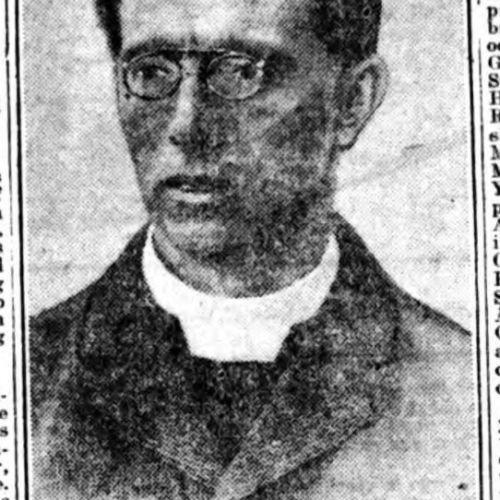

The Liverpool Ethical Society was founded in 1904, and in 1912 Liverpool became home to one of only a handful of ‘ethical churches’ in the UK. Founded by ex-Baptist minister Harry Youlden, the Liverpool Ethical Church built on a tradition of secular worship in the city stretching back at least four decades, to when the Liverpool positivists first met in 1879. Stanton Coit‘s Ethical Church in Bayswater, London had been established in 1909 and Youlden’s operated similarly, with talks and services emphasising humanist ideals, fellowship, and social reform.
The first meeting of the Liverpool Ethical Society took place on 31 January 1904, with a lecture by secularist publisher Charles Watts on ‘The Mission of Rationalism’. Following the ethical societies’ established tradition of talk and discussion, over the following decade, the Liverpool group were visited by a diverse range of speakers. These included Hypatia Bradlaugh-Bonner (a lecturer for the Rationalist Press Association and National Secular Society, and Vice President of the Ethical Union), and Teresa Billington-Greig (a suffragette and co-founder of the Women’s Freedom League).
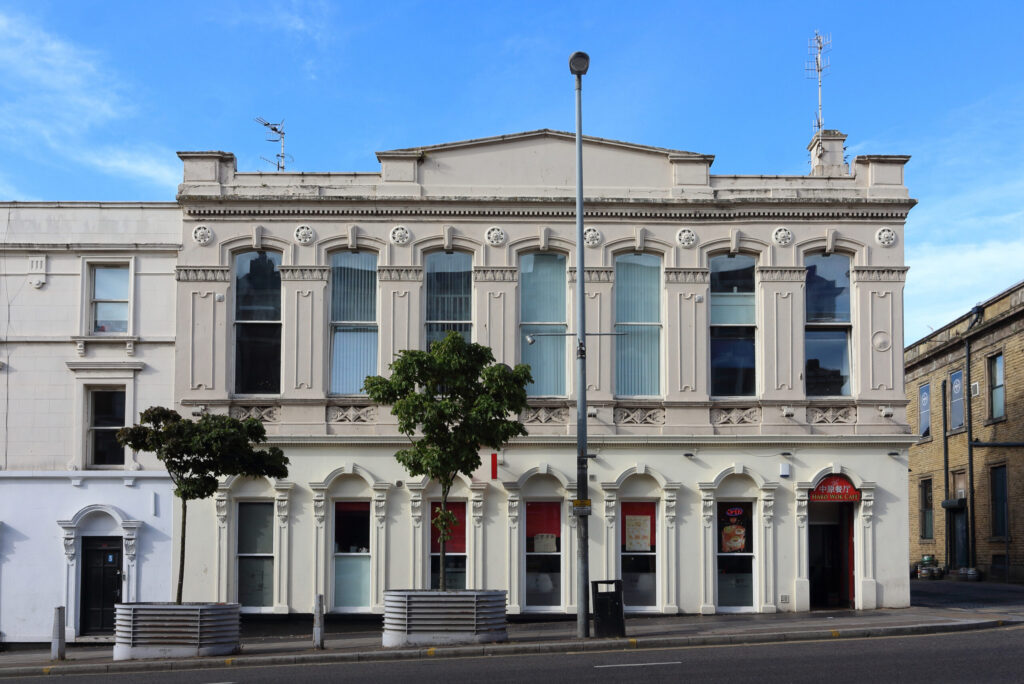
The Liverpool Ethical Society met initially at Meyerbeer Hall on Hardman Street, and later at 6 Colquitt Street. They became affiliated to the Union of Ethical Societies (now Humanists UK) in 1911. The focus of the meetings, and subjects of lectures, epitomised the active concerns of the early humanist movement, covering international affairs, women’s suffrage, rationalism and religion, and progressive politics. In November 1909, the Liverpool Branch of the Men’s League for Women’s Suffrage held a meeting at the Colquitt Street premises, its speakers being the MP and campaigner Eleanor Rathbone, and the Rev. Harry Youlden.
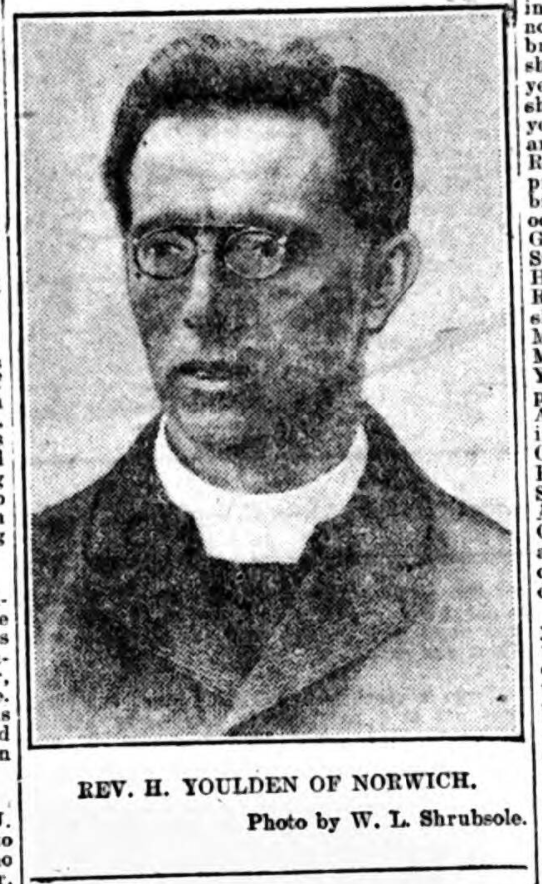
Harry Youlden was born in Islington, and had been a popular Baptist minister in Norwich, before being recruited to lead a congregation in Liverpool. Following a breakdown in health, and clearly a crisis of faith, Youlden resigned from his position and, drawn to the Ethical movement, founded the Ethical Church in Liverpool in 1912. Youlden was an active member of the Independent Labour Party, a supporter of women’s suffrage, and described by contemporaries as being an ‘eloquent and impressive speaker’.
Like Stanton Coit’s Social Worship, Youlden created a Manual of Ethical Devotion, for use in secular services at the Ethical Church: a collection of songs and readings celebrating beauty and humanity. An illustrative Sunday programme is provided by the billing for a service in 1913, featuring lectures at 11am and 7pm: ‘The Pleasure of Finding out How Much We Can Bear’, and ‘The Infinite Possibility of Human Culture’. These were both delivered by Youlden himself, who lectured at the Church every Sunday for four years.
Youlden died at just 48 in 1916, and his memorial service was held at the Ethical Church. The Ethical Church and Society continued for a further eight years, until being dissolved in 1924.
The Liverpool Ethical Church provides an interesting example of the spread of not just the Ethical movement, but the notion of secular worship in the UK. Like Stanton Coit at his Ethical Church in Bayswater, the Liverpool group centred on the charismatic figure of Harry Youlden, buoyed also by an emphasis on progressive social reform, and active humanism. Although the concept of non-religious ‘church’ never really took off within the humanist movement at large, those groups that did experiment with the format created notable spaces for the promotion of reformist ideals, and examples of secular ritual, prefiguring the formalisation of Humanist Ceremonies as they are performed today.
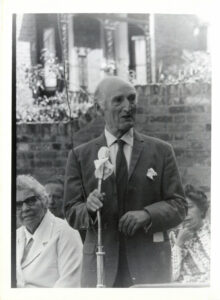
This article was written for Humanist News by Harold Blackham, who is viewed today as the architect of the modern […]
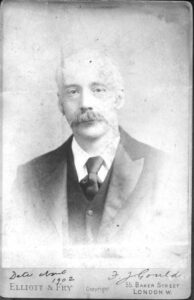
F.J. Gould was an influential educationist, writer, and humanist, whose tireless work towards secularising education helped to lay the groundwork […]
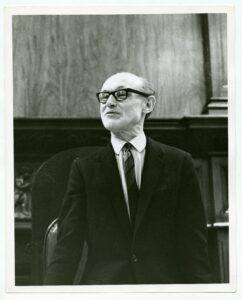
The time has arrived for us humans to stop leaning on ideas for a creator god; we should get down […]
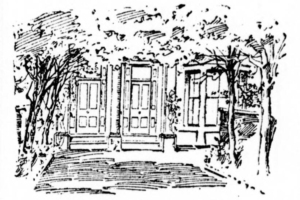
Order is our Basis; Improvement our Aim; and Friendship our Principle. Annual Report of the Neighbourhood Guild, 1895 Leighton Hall […]